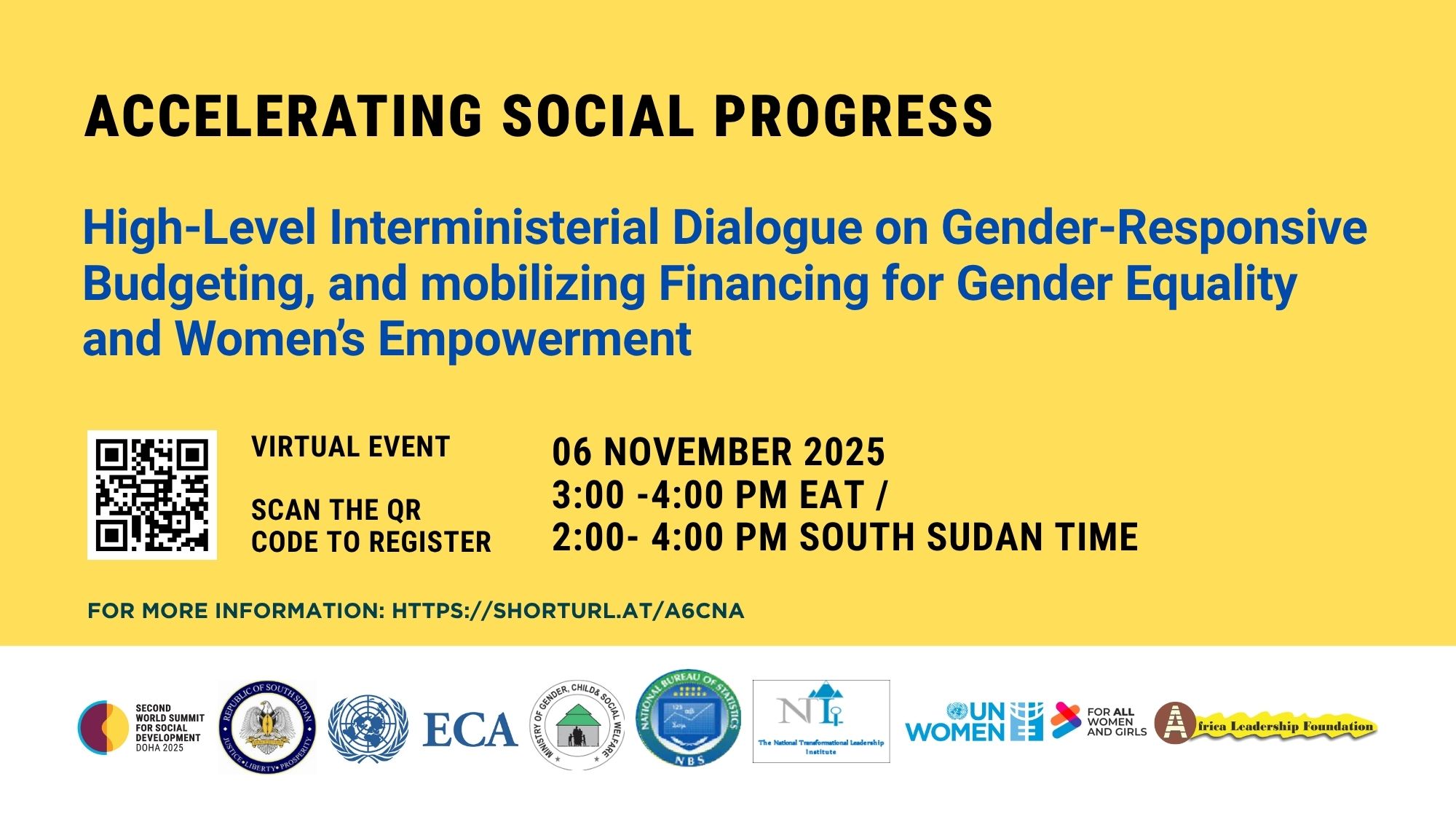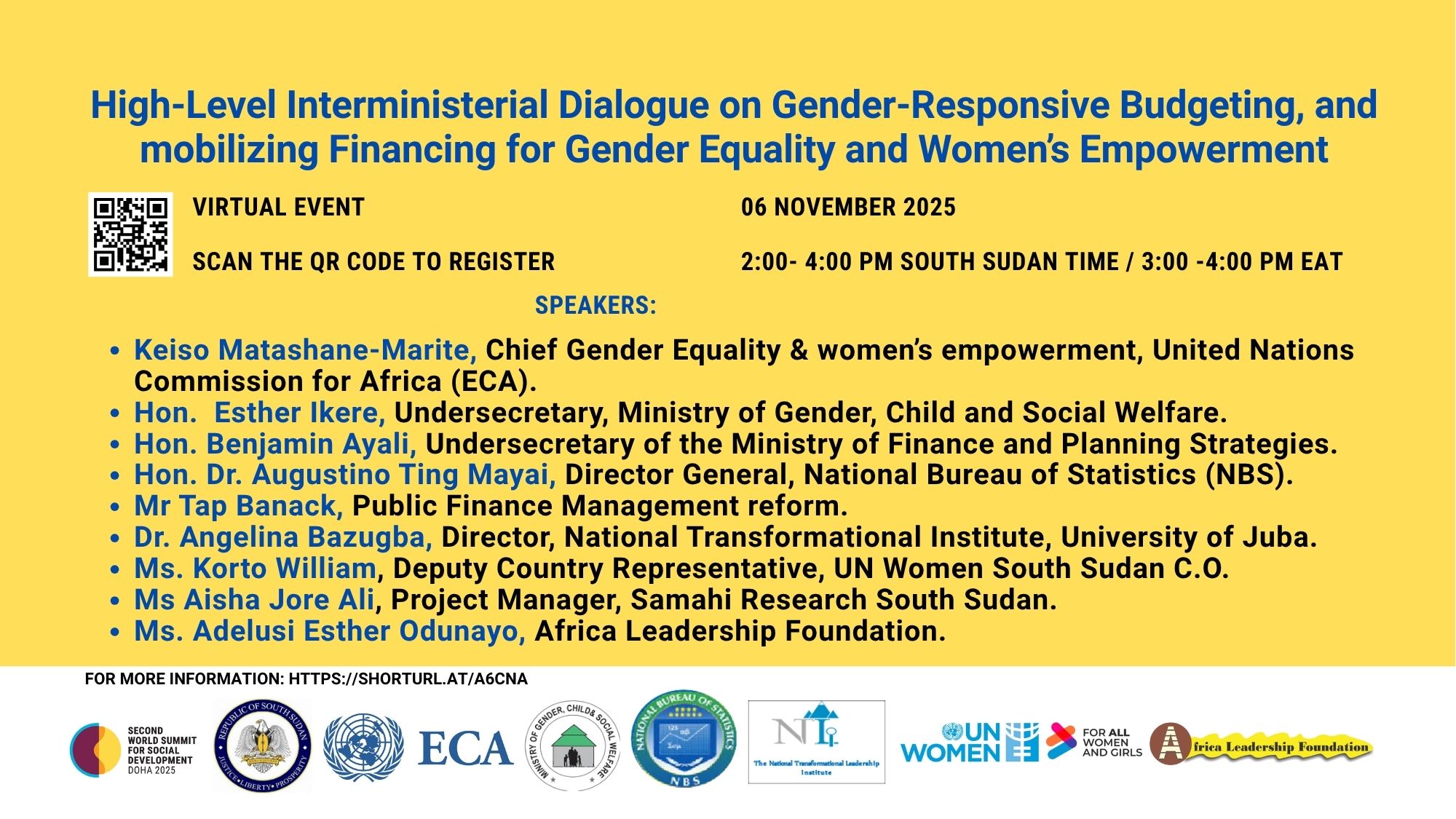

Introduction
African member States have reaffirmed their commitment to placing gender equality and women’s empowerment at the core of development financing frameworks, programmes, and policies, as articulated in the Seville Commitment (2025) and the Outcome of the Fourth Conference on Financing for Development. A key pillar of this commitment is the promotion of gender equality through domestic public resources, especially by implementing gender-responsive budgeting.
Since 2015, notable progress has been achieved in integrating gender considerations into fiscal policies. Countries such as South Africa have emerged as early adopters, setting regional standards in gender budgeting within public finance.
Other member States, such as Rwanda, demonstrate how political will and sustained institutional reforms drive advancements in gender equality. However, the ability of developing countries to make further progress is hampered by constrained fiscal space—debt servicing obligations, civil conflicts and climate change. Poorly managed debt compounds challenges, increasing unpaid care burdens on women and restricting their formal employment opportunities. Furthermore, declining Official Development Assistance from OECD countries makes the efficient use of scarce national, bilateral, and multilateral fiscal resources more critical than ever.